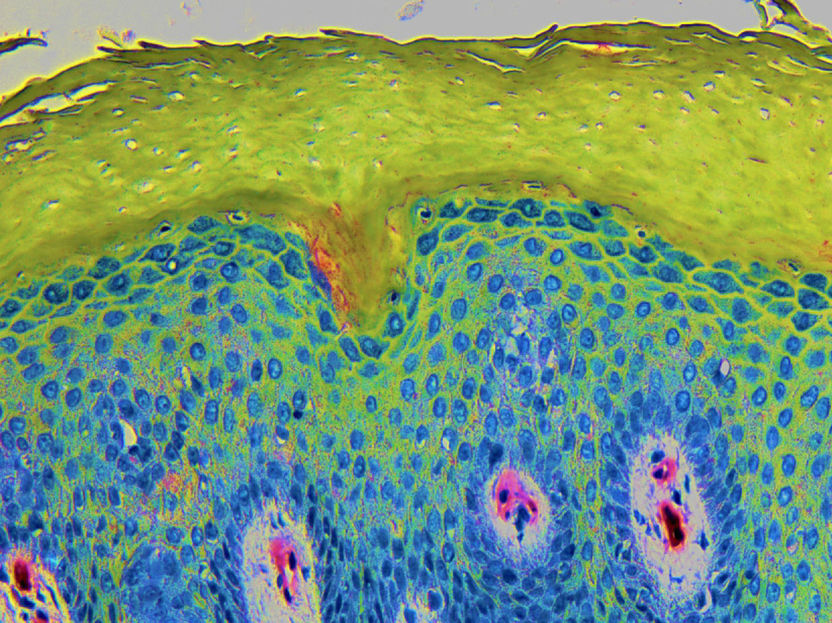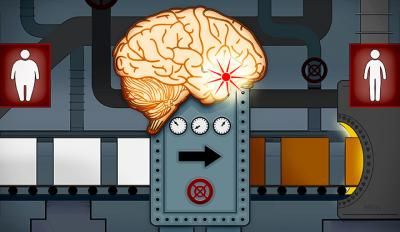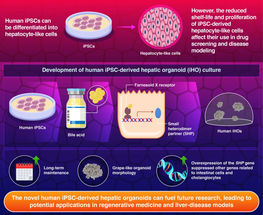VTT searches for novel biomarkers and targets for preventing or treating type 2 diabetes
Research focus on dysfunction of cells and effect of change in lifestyle
VTT is participating in two new European projects focusing on type 2 diabetes. The projects aim at identifying new therapeutic choices and strategies for preventing the disease. Focus is on obtaining information on cellular dysfunction in diabetes and the effects of changes in lifestyle. The goal includes planning individual lifestyle instructions for people at high risk of diabetes and exploiting the results in a major European health insurance system.
The EU BetaBAT project aims at developing individual therapeutic choices for type 2 diabetics by identifying the connection between the genome and individual cell-level changes causing the disease. The scientists will use systems biological tools to boost the capacity of beta cells and brown adipocytes for regaining homeostatic control.
The other EU project, DEXLIFE, aims at disease prevention by identifying novel diagnostic and predictive biomarkers to detect the progression toward type 2 diabetes in individuals at high risk of the disease. Large-scale data will be acquired during the project, including information on genes and metabolites. The intervention aiming at type 2 diabetes prevention will be set up in the real-life context of a major European health insurance system.
In both projects VTT leads the work packages on integration and modelling of data. VTT has a central role in applying systems biology strategies – including metabolomics, integrative bioinformatics and biosystems modelling – to identify putative organelle-specific targets (BetaBAT) and early predictive markers of type 2 diabetes progression (DEXLIFE).
The EU projects are funded by the FP7-Health-2010 Seventh Framework programme. BetaBAT and DEXLIFE are 4-year collaborative projects with partners from around Europe and United States. VTT’s total budget in the two projects is 1.91 million Euros.
Most read news
Other news from the department science

New Label-Free Imaging Tracks Cancer Treatment in Single Cells
One Tool, Many Applications

The evolution of cancer cells decoded
"Our vision is a new type of early cancer detection"

Get the life science industry in your inbox
By submitting this form you agree that LUMITOS AG will send you the newsletter(s) selected above by email. Your data will not be passed on to third parties. Your data will be stored and processed in accordance with our data protection regulations. LUMITOS may contact you by email for the purpose of advertising or market and opinion surveys. You can revoke your consent at any time without giving reasons to LUMITOS AG, Ernst-Augustin-Str. 2, 12489 Berlin, Germany or by e-mail at revoke@lumitos.com with effect for the future. In addition, each email contains a link to unsubscribe from the corresponding newsletter.
Most read news
More news from our other portals
Last viewed contents
ThromboGenics and BioInvent Complete Patient Recruitment of Phase II DVT Prophylaxis Study with Anti-Factor VIII (TB-402)
Anti-müllerian_hormone
Laparoscopic_surgery

BASF researching CO2-neutral production of bio-based fumarate using bacteria found in cow stomachs - BASF coordinating joint research project between universities in Saarland, Marburg and Kaiserslautern
Emetophilia
Mutant gut bacteria reverse colon cancer in lab models, UF researchers find
SynenTec To Take Over Roche Cellavista System
N._P._Buu-Hoi
Pretraumatic_stress_disorder
Allergic_bronchopulmonary_aspergillosis
How do our cells move? - Liquid droplets could explain























































